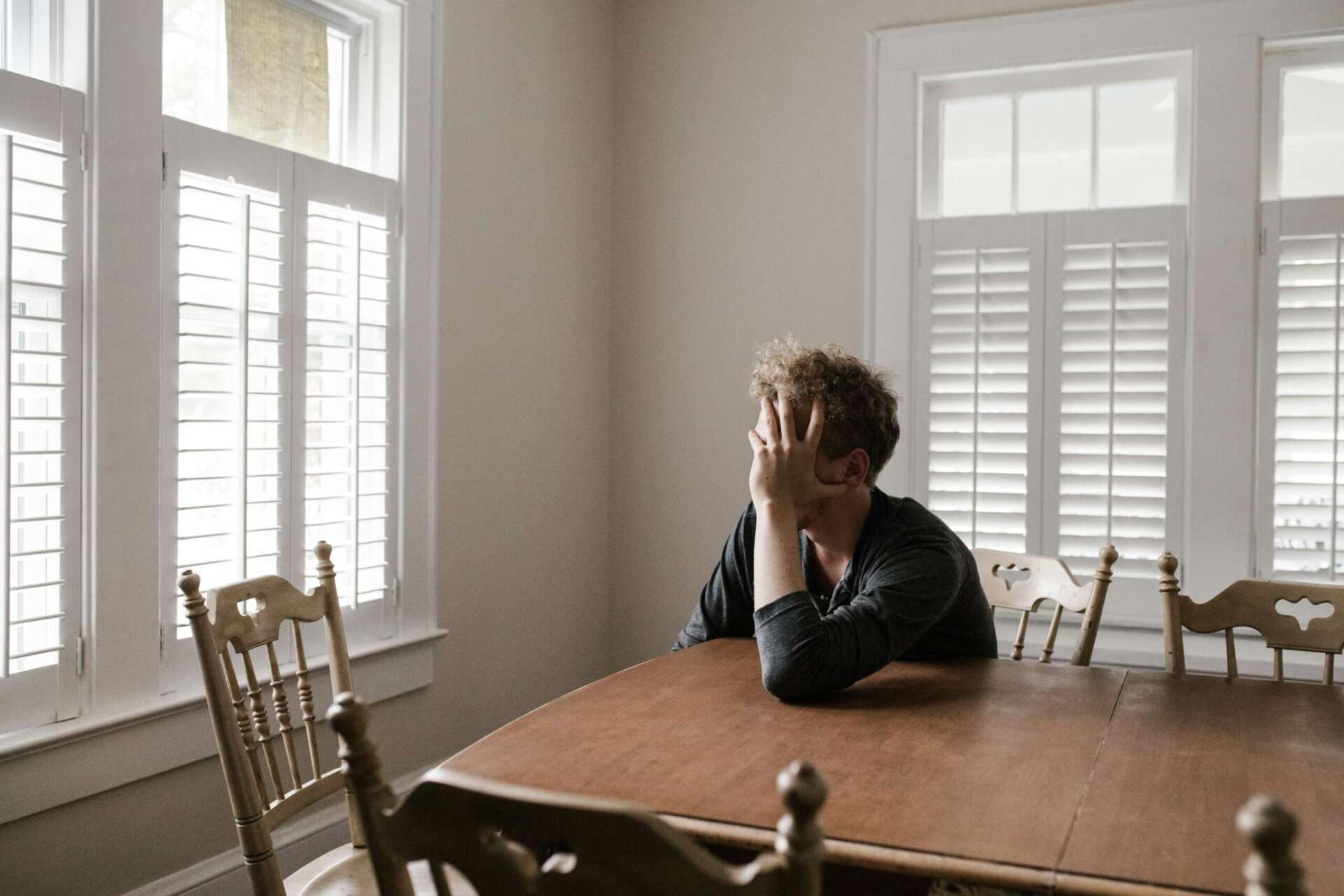Shyness vs Social Anxiety : Key Differences You Need to Know
In the intricate tapestry of human interaction, there are two characters that often get mixed up : shyness and social anxiety. It’s like mistaking two close friends for twins – they might look alike from afar, but up close, their differences become clear. Shyness vs social anxiety – it’s a puzzle many of us try to solve.
Picture this : you’re at a gathering, feeling nervous about striking up conversations. Is it shyness, or could it be social anxiety ? We’re about to lift the veil and unravel the mystery.
This article is your guide to understanding the nuances between these two experiences.
Join us as we peel back the layers, exploring the causes, symptoms, and real-life scenarios of shyness and social anxiety.
By the end, you’ll have a clearer picture of these companions in the dance of social wellness.
Let’s dive in and discover the paths to confidence and peace in social settings.
Shyness vs Social Anxiety
What’s is Social Anxiety ?
What exactly is social anxiety ? Let’s break it down.
Social anxiety disorder, often misunderstood as mere shyness, is a persistent fear of social situations where one feels scrutinized or judged by others. It can significantly disrupt daily life, making seemingly simple interactions feel like insurmountable obstacles.

Causes
Here are the factors that can contribute to social anxiety :
- Genetics : Family history may play a role in predisposing individuals to social anxiety.
- Past experiences : Traumatic or embarrassing events in social settings can contribute to the development of social anxiety.
- Environmental triggers : High-pressure social environments or negative social feedback can exacerbate social anxiety symptoms.
Symptoms
Social anxiety can manifest in various ways :
- Physical symptoms : Trembling, sweating, rapid heartbeat, and nausea are common physical manifestations.
- Emotional symptoms : Intense fear, worry, and self-consciousness in social situations.
- Behavioral symptoms : Avoidance of social interactions, difficulty speaking, or excessive self-criticism.
Examples of Scenarios
Here are some scenarios where social anxiety may arise :
- Public speaking engagements : The thought of addressing a large audience can trigger intense anxiety, leading to physical symptoms like sweating and shaking hands.
- Attending parties or social gatherings : Mingling with strangers or being the center of attention can evoke feelings of self-consciousness and dread.
- Interacting with authority figures : Speaking to bosses, teachers, or supervisors may cause fear of saying something wrong or being judged negatively.
- Making phone calls or attending job interviews : Simple tasks like making a phone call or attending an interview can feel daunting, leading to avoidance behaviors and heightened anxiety.
Now, let’s shift our focus to another aspect of social interaction – shyness.
What’s is Shyness ?
What exactly is shyness ? Let’s delve into it.
Shyness is often misconstrued as mere introversion or hesitation in social settings. However, it’s more than that. Shyness entails a feeling of discomfort or apprehension in social situations, leading individuals to withdraw or feel inhibited in their interactions.

Causes
Here are some factors that can contribute to shyness :
- Temperament : Some individuals may have a predisposition towards shyness due to their natural temperament.
- Past experiences : Negative social encounters or instances of rejection can reinforce feelings of shyness.
- Environmental factors : Upbringing, cultural background, or societal expectations can also influence the development of shyness.
Symptoms
Shyness can manifest in various ways :
- Nervousness : Feeling jittery or on edge in social situations.
- Discomfort : Sensing unease or awkwardness when interacting with others.
- Avoidance : Steering clear of social gatherings or situations that provoke anxiety.
Consequences
The impact of shyness can be far-reaching :
- Personal relationships : Difficulty forming connections or maintaining friendships due to hesitancy in socializing.
- Career advancement : Shyness may hinder networking opportunities or assertiveness in professional settings.
- Overall well-being : Persistent shyness can lead to feelings of isolation, low self-esteem, or depression.
Examples of Scenarios
Here are scenarios where individuals might experience shyness :
- Meeting new people : Feeling reserved or hesitant when introduced to strangers.
- Speaking up in group settings : Struggling to voice opinions or contribute to discussions.
- Attending social events : Feeling self-conscious or uncomfortable in large gatherings.
Now, let’s transition to exploring the differences between shyness and social anxiety.
Unveiling the Differences : Shyness vs Social Anxiety
In navigating the terrain of social interactions, knowing the contrast of shyness vs social anxiety is important. Here’s how they differ :
Behavioral differences : While both shy individuals and those with social anxiety may exhibit avoidance behaviors, the underlying motivations differ. Shy individuals may withdraw due to a preference for solitude or a lack of confidence, whereas those with social anxiety often avoid social situations out of fear of judgment or embarrassment.
Emotional experiences : Shyness typically involves feelings of nervousness or discomfort in social settings, whereas social anxiety elicits intense fear, worry, and self-consciousness. While both experiences may involve emotional distress, the intensity and underlying drivers vary.
Impact on daily life : Shyness may lead to missed opportunities for social connection or assertiveness in professional settings. In contrast, social anxiety can significantly impair daily functioning, affecting relationships, work performance, and overall well-being to a greater extent.
Understanding these distinctions is vital for developing effective strategies to support individuals dealing with shyness or social anxiety.
Strategies to Overcome Shyness and Social Anxiety
There are effective strategies to conquer and overcome both social anxiety and shyness.
Solutions for social anxiety
Here are several strategies aimed at assisting you conquer social anxiety :
- Therapy : Cognitive-behavioral therapy (CBT) helps challenge negative thought patterns and develop coping mechanisms.
- Relaxation techniques : Deep breathing exercises, progressive muscle relaxation, and mindfulness meditation promote relaxation and reduce anxiety levels.
- Support groups : Joining support groups or online communities allows individuals to share experiences and gain encouragement from others facing similar challenges.
Solutions for shyness
Here are some strategies designed to aid you overcome shyness :
- Practicing assertiveness : Learning assertive communication skills helps individuals express their thoughts and needs confidently.
- Building self-esteem : Engaging in activities that promote self-worth, such as pursuing hobbies or setting achievable goals, boosts confidence.
- Gradual exposure : Gradually exposing oneself to social situations, starting with small gatherings or social events, allows for desensitization and increased comfort over time.
By implementing these strategies, individuals can navigate social interactions with greater ease and confidence, ultimately enhancing their overall well-being.
Shyness vs Social Anxiety : Conclusion
In the intricate dance of social interaction, the distinction between shyness and social anxiety is paramount. While both may lead individuals to withdraw from social situations, they stem from different roots and manifest in unique ways.
Shyness often reflects a preference for solitude or a lack of confidence, while social anxiety is characterized by intense fear of judgment or embarrassment.
By understanding these differences and recognizing the nuances of shyness vs social anxiety, individuals can seek tailored support and strategies to navigate their social worlds more confidently.
Remember, it’s not about labeling oneself but about finding the right tools to flourish amidst life’s complexities.






















